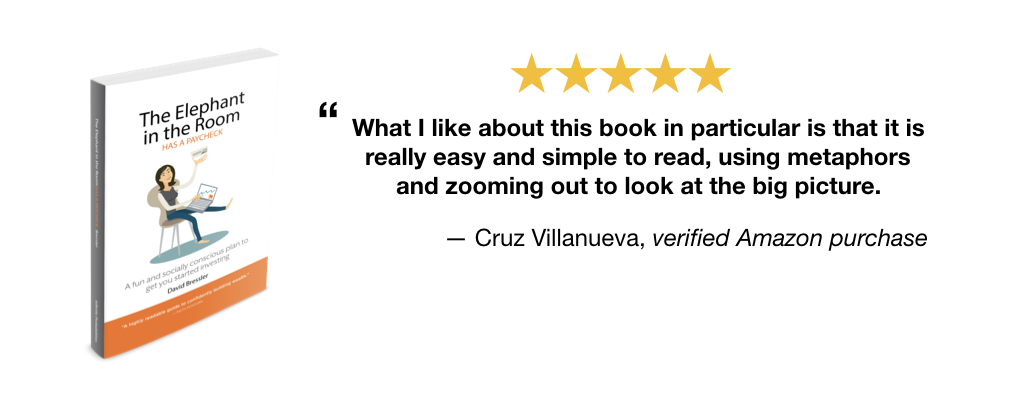I get asked questions all the time. I thought I’d share some (along with my answers) that might be of general interest starting with this post.
On the topic of dividends: what is your take on Big Oil going into the red to continue to deliver dividends? It seems like a risky bet in the face of what may be persistently lower oil prices.
I actually talk about exactly this in my book. Not specifically about big oil, but about how companies can pay dividends even when there are no “profits”. The thing is, profits are an accounting artifact, and not a real statement as to an ability to pay dividends. A company can very easily pay dividends without profit as long as they have the cash flow to do so.
That said, thinking that big oil business is as simple as “they make money when oil prices are high, and lose it (make less?) when they’re low” is silly. Business is complex. As much as we’d like to simplify it to understand it better, that only gets us so far.
I also like to look at incentives. Specifically, executive incentives and how they align to what I want (consistently increasing dividends). Executives are often motivated by share price, and messing with the dividend is a good way to tank a stock — so dividend investors are aligned to the personal motivations of the CEO. (Now I’ve fallen into the trap of ‘over-simplifying something to make a point’… see how easy that is to do?)
Importantly, companies that value the dividend and their ability to increase it don’t behave in alignment to those values randomly each year. They have a process (which is simply a way of instantiating a value into a company behavior).
Predicting the future is really hard — I’d bet more on a company’s discipline (process) of managing a dividend, especially companies that have a long history of doing so & where the CEO is motivated by stock price, than I would on speculation about the (future) price of oil.
It’s more likely that an unexpected oil spill would result in a dividend cut. The current climate of transparency and over-sensitivity to favoring shareholders over other stakeholders would probably force a company to cut their dividend even if a spill didn’t have a long-term detrimental effect on the company. One could argue that the BP spill didn’t have a long term financial effect on the company (I mean, really long term, like 10 years or more). But, the climate was such that they had to cut the dividend due to external pressures and perception around their behavior. That wasn’t the case when the Exxon Valdez crashed in the Prince William Sound. I’m not making an ethical judgement on their behavior here — but when that happened in 1989 it didn’t force a dividend cut, and Exxon later went on to have record breaking profits, not just for Exxon but for the entire oil industry.

Let me know what you think